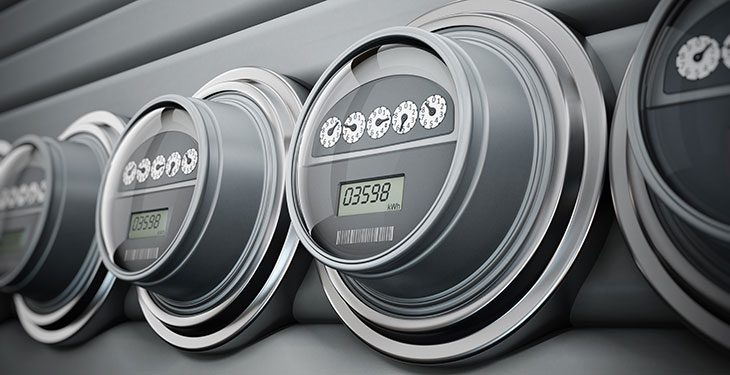Nikolay Nalbantov, director of energy strategies and policies for sustainable energy development at the Bulgarian Ministry of Energy, said on Wednesday that Bulgaria’s integrated energy and climate plan envisages a 27.89% reduction in primary energy consumption and a 31.67% of the final energy consumption, in 2030 compared to the reference year 2007.
On Wednesday, Nalbantov participated in a forum dedicated to investments in sustainable energy organized in Sofia. The event, dedicated to the establishment of a National Decarbonisation Fund, is part of a series of round tables regarding the financing of investments in energy efficiency, within the European Commission’s initiative regarding investments in sustainable energy, according to Agerpres and BTA.
Bulgaria will focus on achieving energy savings in final energy consumption by improving the energy performance of buildings, Nalbantov said. Energy efficiency measures are particularly important in the process of energy transmission and distribution. Their objective is to increase efficiency and reduce technological costs in electricity, natural gas and thermal energy distribution networks. The financial mechanisms that will help implement the measures are equally important, added Nalbantov.
Bulgaria has committed to review its integrated energy and climate plan by June 30 and is working on it. A report on the plan’s targets must be submitted by March 15.
The EU member states are to develop a strategy for the renovation of the national stock of buildings, Nalbantov also said. In line with this commitment, the Ministry of Energy has developed a strategy that analyzes the stock of buildings and plans measures to improve the performance of buildings. The document was adopted in the Council of Ministers in Sofia at the beginning of 2020.
